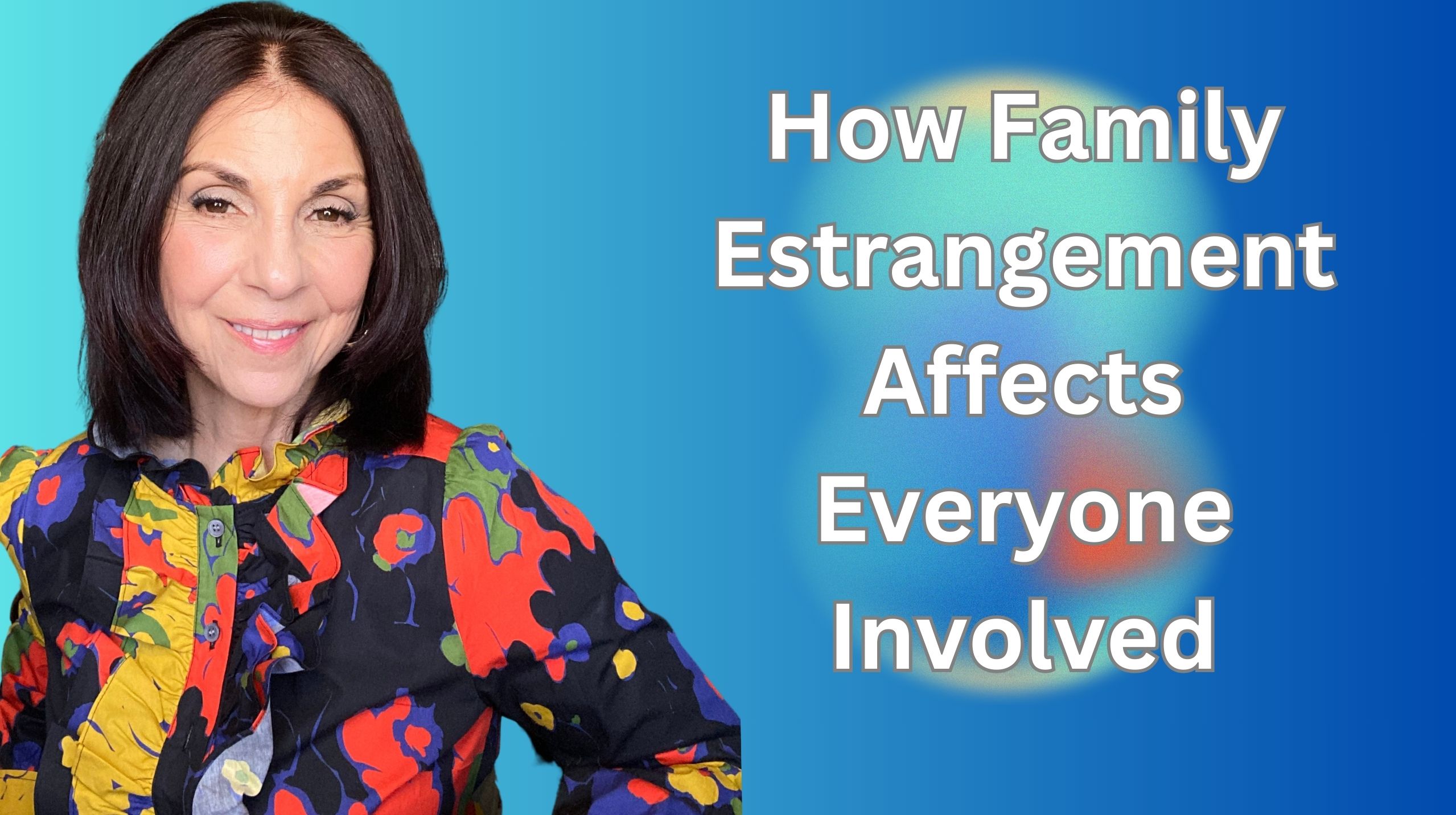Family estrangement is tough, and it doesn’t just impact the person who steps away. It affects everyone, including those who stay behind. If you’ve been estranged from a loved one, you might be feeling hurt, angry, or even guilty. But it’s important to remember that this kind of situation impacts more than just you and the person who has distanced themselves.
Let’s take a look at how estrangement affects the whole family and what you can do to handle it in a healthy way.
Trying to Make Sense of the Situation
One of the hardest parts about family estrangement is trying to explain what’s going on, especially when you’re still processing your own feelings. Whether it’s extended family, friends, or even neighbors asking questions, you may feel pressured to give answers when you’re not sure what to say. This can add more stress to an already emotional situation, leaving you feeling overwhelmed.
But here’s the thing — around 30% of adults go through estrangement from a family member (Journal of Family Psychology). While you might feel like you’re the only one dealing with this, many others are facing similar struggles. You’re not alone, and just knowing that can help ease the burden a bit. It’s normal to feel uncertain or lost, and it’s okay to not have all the answers.
When it comes to sharing the details of your estrangement, remember that you don’t have to explain yourself to anyone if you don’t want to. This is your life, your experience, and you’re allowed to protect your own emotional space. People might be curious or have opinions, but you have the right to share only what feels comfortable.
Helping Your Other Children Cope
If you’re a parent, one of the hardest things about estrangement might be seeing how it affects your other children. They may feel confused, hurt, or even worried about losing contact with their sibling. It’s important to give them extra love and reassurance during this time, letting them know they are not to blame for what’s happening.
Studies show that family estrangement can increase stress for everyone involved (American Psychological Association). So, while you’re dealing with your own emotions, try to be there for your other children as well. Listen to their concerns, give them a safe space to share how they’re feeling, and remind them that the estrangement isn’t their fault. Even if they’re not talking about it openly, they’re likely processing the situation in their own way.
Dealing with Sibling Relationships
If your estranged child is still in contact with their siblings, it can bring up a lot of questions. Should you ask your other children to help repair the relationship, or would that create more tension? You might even wonder if they’re stuck in the middle, feeling torn between their loyalty to you and their connection with their sibling.
This is a common challenge in families. In fact, about 60% of siblings who deal with estrangement feel conflicted (Family Relations). It’s natural for them to have mixed emotions, and it’s important to respect their feelings without pressuring them to take sides or pass along messages. Giving them the space to navigate their relationships on their own terms can reduce some of the emotional stress they might be feeling.
Handling Outside Opinions
Another tricky part of estrangement is dealing with the opinions of others, especially if friends or extended family members start taking sides. You may feel like you’re being left out of family events or even excluded from conversations, which can add another layer of hurt to the situation.
When people get involved or share their opinions, it can stir up emotions like anger, sadness, or frustration. Social support is important for handling the emotional impact of estrangement (University of Arizona), but that doesn’t mean you have to accept judgment or pressure from others. It’s okay to set boundaries with people who are making things harder for you. Sometimes, stepping away from these dynamics can give you the space you need to heal.
How to Move Forward
So, where do you go from here? Estrangement is difficult, but that doesn’t mean it’s impossible to find a way forward. For some families, communication can be rebuilt, and for others, healing means learning to live with the distance. Either way, it’s important to take steps that support your emotional well-being.
Many people find that structured communication efforts, like writing letters or seeking outside support, can improve strained relationships. Studies have shown that those who actively work on communication strategies are more likely to see positive outcomes (Journal of Marital and Family Therapy). Whether or not the relationship is repaired, having a plan in place can help you feel more in control of the situation.
Final Thoughts
Family estrangement is never easy, and it affects everyone in different ways. While it can feel like you’re carrying this burden alone, the truth is that estrangement often ripples through the entire family. It’s okay to feel a range of emotions — from sadness to anger to confusion — but remember that you’re not the only one impacted by this separation.
By acknowledging how estrangement affects others, like your children, siblings, or even extended family members, you can better navigate these relationships with compassion and care. And by setting boundaries and focusing on healthy communication, you can protect your own peace while also leaving the door open for future healing.
If you’re going through family estrangement, know that support is out there. Whether it’s through trusted friends, support groups, or personal reflection, you don’t have to handle everything on your own. Healing takes time, and no matter what the outcome, taking small steps forward can make all the difference.









